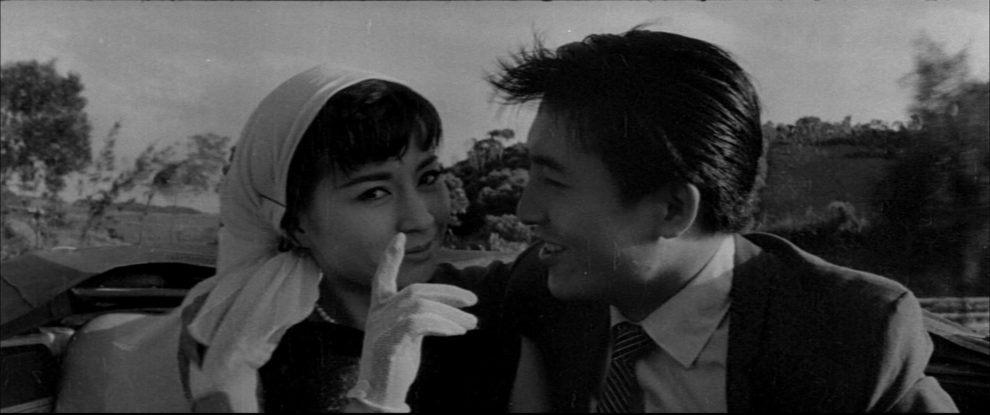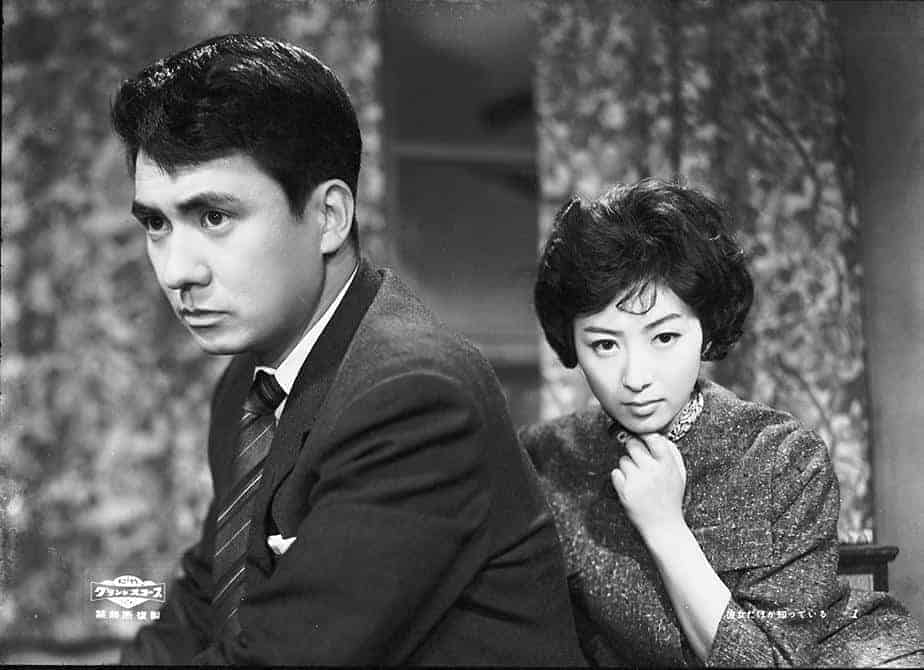Emerging Taiwanese-language cinema was blossoming in the 60s – with filmmakers eagerly experimenting with the medium relatively fresh in the area and constantly looking for new themes and means of expression. Many were embracing transnational strategies to ensure that Taiwanese-language works would appeal to broader international audience and reach commercial success. “The Bride Who Has Returned From Hell” is a fine example of planting some foreign elements on familiar local grounds.
“The Bride Who Has Returned From Hell” is screening at Taiwan Film Festival Edinburgh

The movie is an loose adaptation of Victoria Holt's “Mistress of Mellyn” – a gothic novel published in 1960, six years before the film was released. Of course, the screen version doesn't invite us to the 19th century England ‘s rocky and stormy Cornish shores. It shifts to a contemporary (during the time of production, of course) Taiwan. It follows the original storyline of young governess Bai Ruimei (Jin Mei) coming to a mansion of a wealthy widower, entrepreneur Wang Yiming (Ke Junxiong), to take care of his young daughter Shuyuan (Xiao Hui). The former lady of the house died in suspicious circumstances. Some say she eloped with her lover and drowned in a sea. Her purse was recovered from an empty boat. The body of a male was found, but she left no trace… Mysteries don't end here, as the governess has a secret of her own. She is the lost woman's sister, willing to investigate her sibling's disappearance in person. She will also turn out a healer of a broken family ties, helping Yiming, who feels humiliated and betrayed, to rediscover his love for his daughter. Meanwhile, there seems to be a threat to her life…
Although “The Bride…” uses some elements of the gothic tale's imaginaries, like suspense, mystery and a subtle hint of supernatural, it is more a story of a disturbed man coming back to terms with his inner demons and the family finding its peace. Romantic affection blossoming between the governess and the widower have more importance than creating the atmosphere of unknown horror and family bonds overtake ghostly happenings. Much of the narrative takes place in broad daylight, so we won't find the usual repertoire of gothic genre like mysterious mists, pouring rains, disturbing storms or gloomy castle interiors lit by a candles casting eerie shadows. It may disappoint those knowing the source material, but on the other hand, as a family drama, the film is very innovative, as spicing the usual schemes with intriguing twists and genre mix. Idyllic moments interlace with sudden thunders of danger as well as comic relief moments and the conventional love story meet some unconventional obstacles.
Taiwan Film Institute did an amazing job restoring this forgotten piece and making old black and white frames shine. Yes, it has flaws, the characters seem naïve, and the happenings not very likely, but it bears the undeniable retro charm.
And the most enjoyable of all the transnational add-ones surprises is a Bond theme appearing suddenly in a background score.














